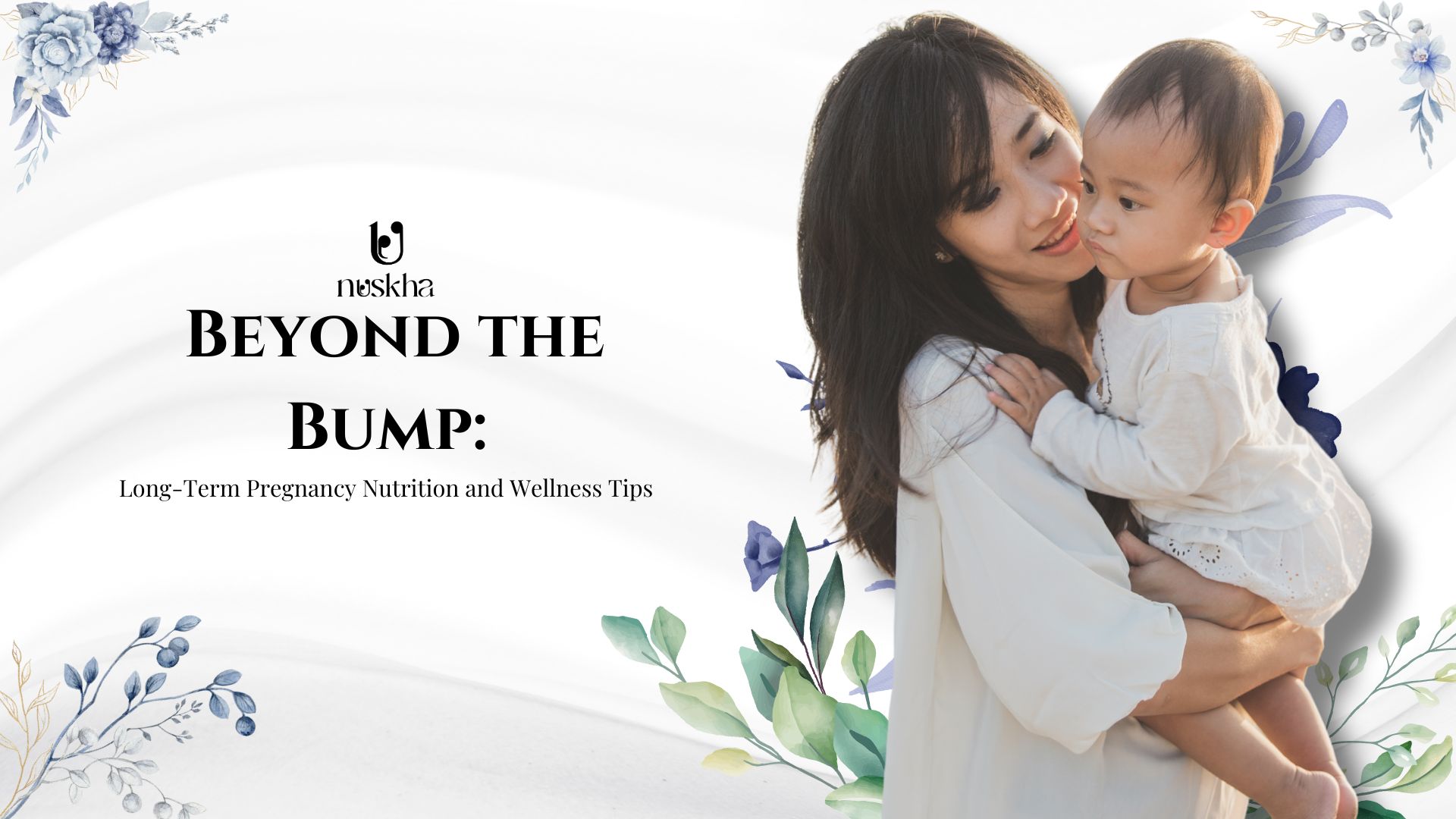
The amazing journey of bringing a new life into the world doesn't end with the baby's birth. Giving birth to a new baby impacts the mother’s body most. Thus, the period after childbirth is significant as much as pregnancy days. This makes post-pregnancy care more important. So it's critical to emphasize nutrition and well-being both now and in the future. We'll look at a few easy yet powerful ways to maintain your health and well-being after the bump in this article.
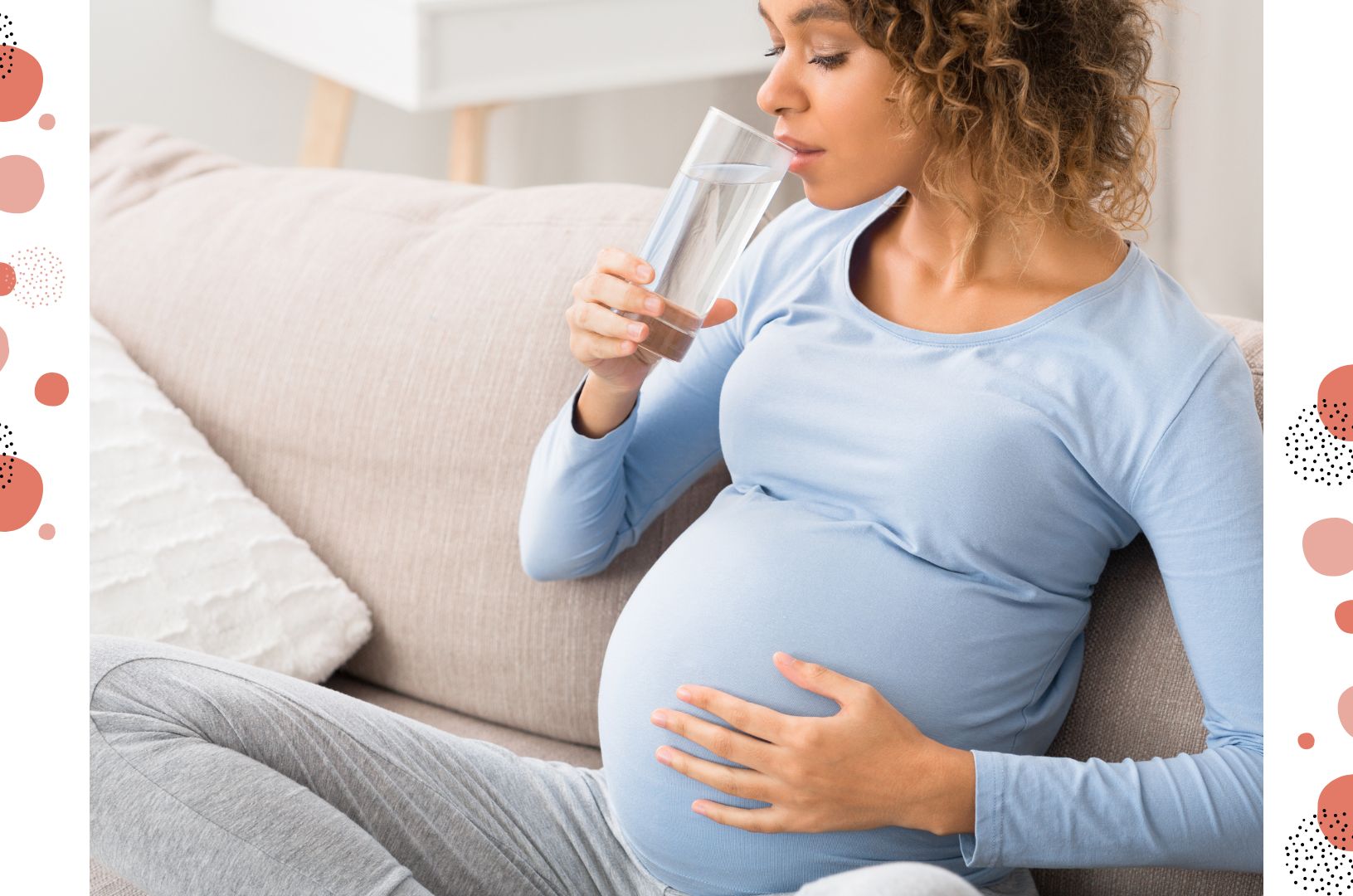
Staying hydrated is essential for good health, particularly before, during, and after pregnancy. For your body's optimal functioning and to keep hydrated, make sure you drink enough water throughout the day. Try to drink 8 to 10 glasses of water a day, and think about increasing your intake of hydrating foods like fruits and vegetables. You can use colourful sippers and a reminder bottle.
♦ Read also: Pregnancy Gifts: Thoughtful Ideas for the First-Time Mom

To promote your long-term health and postpartum care, concentrate on consuming a nutritious, well-balanced diet. Eat a range of foods from every dietary area, such as whole grains, fruits, vegetables, lean meats, and healthy fats. Include meals high in vitamin D, calcium, and iron to restore nutrients lost during pregnancy.
Along with fruits and vegetables, India’s traditional Ayurveda recipes like Gond ke laddoo, haldi ke laddoo, ragi ke laddoo and much more would work the best. They provide you with a rich amount of nutrition that is particularly required for the region's environment.
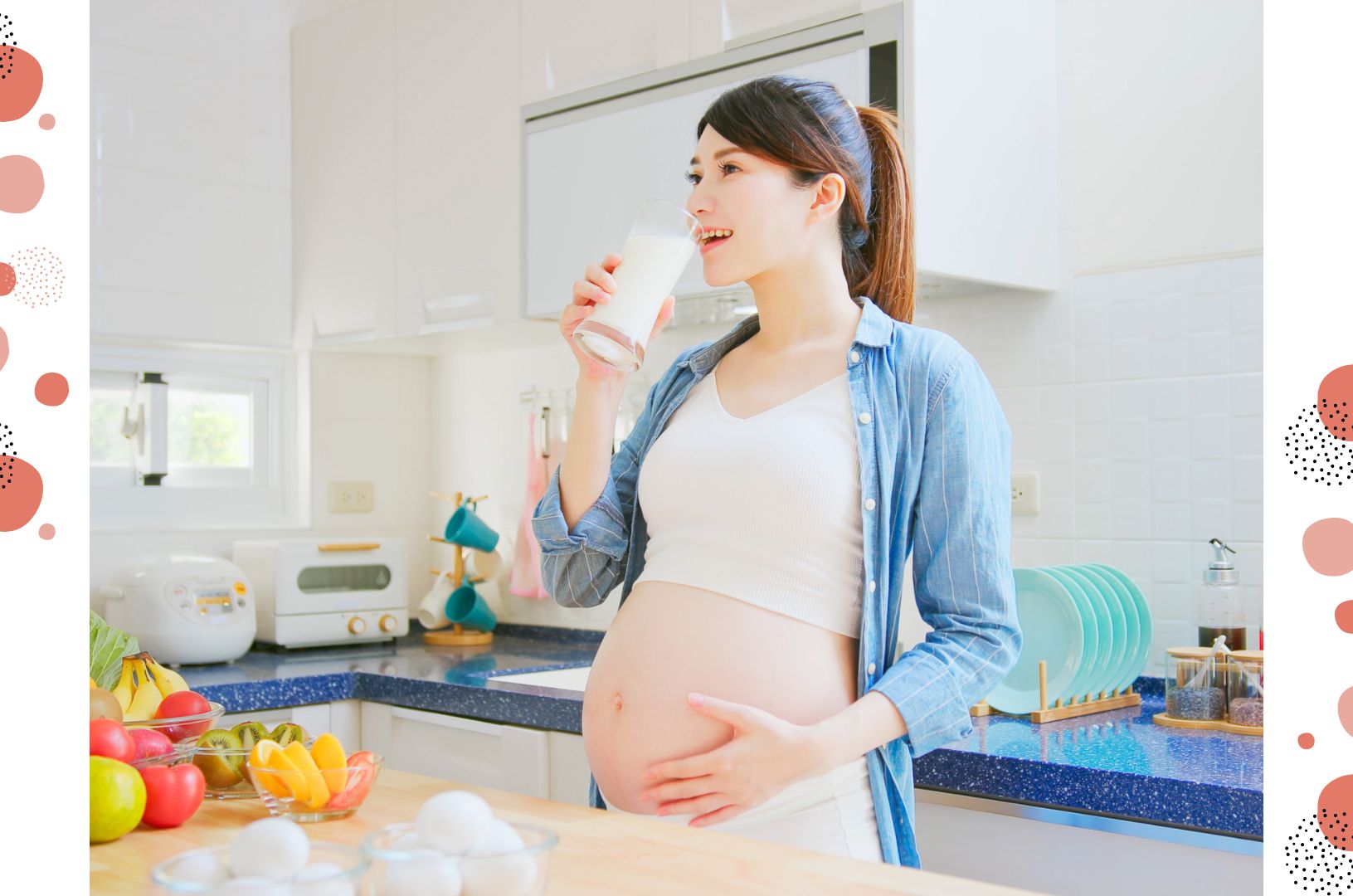
Protein is critical for postpartum care since it is needed for muscle regeneration and tissue repair. Incorporate foods high in protein into your diet, such as dairy products, almonds, beans, lentils, fish, poultry, and lean meats. Try to include some protein in every meal to help your body meet its demands.
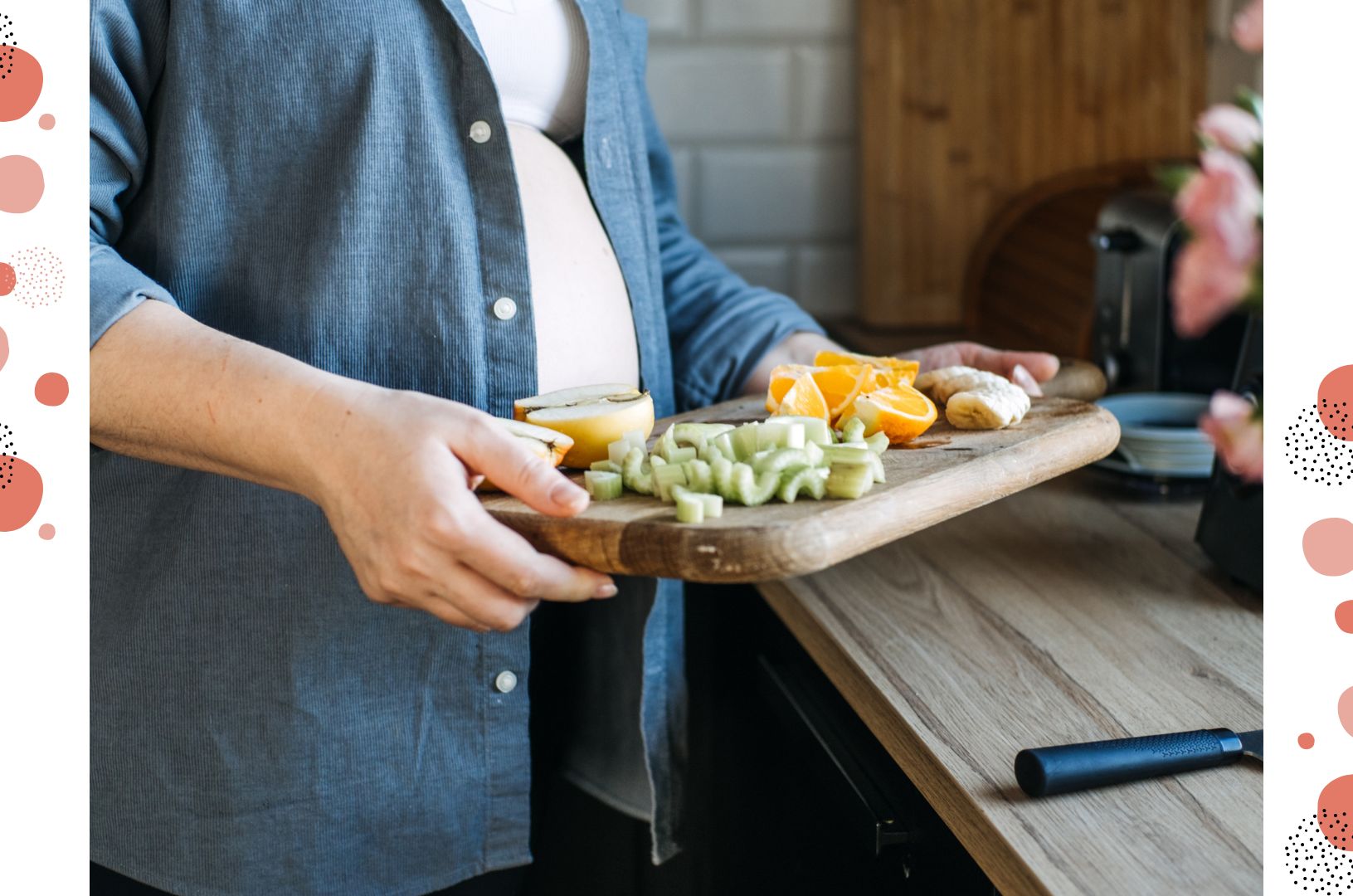
Fiber aids digestion and helps ward off constipation, a prevalent problem throughout pregnancy and the postpartum period. Consume a diet rich in fruits, vegetables, whole grains, beans, and legumes, as well as other fibre-rich foods, to maintain regularity and good digestive health.
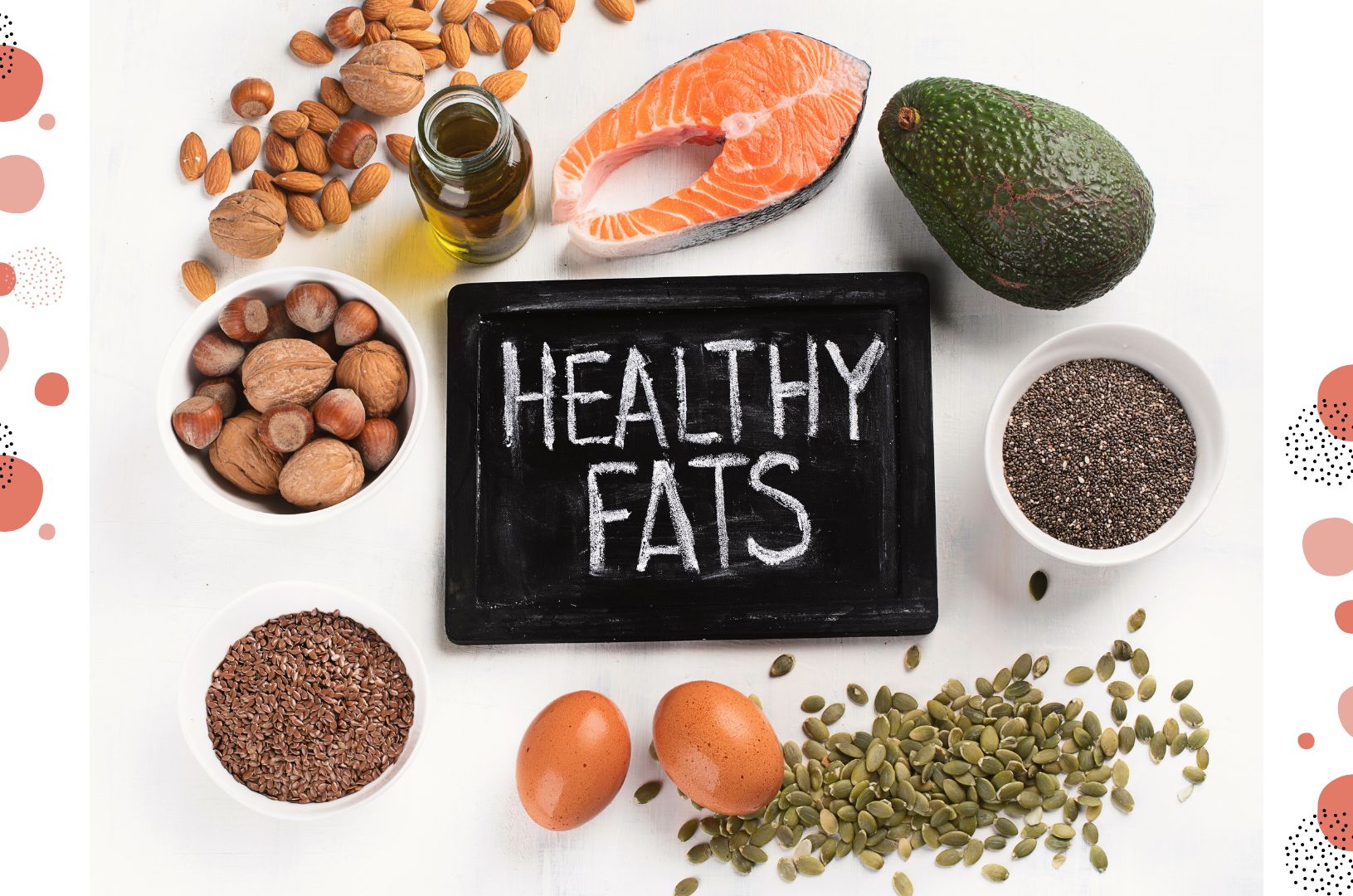
Throughout your pregnancy and beyond, omega-3 fatty acids are good for the development of both you and your unborn child. To promote brain health and lower inflammation, include foods high in healthy fats, such as avocados, almonds, seeds, fatty fish (salmon, sardines), and olive oil.
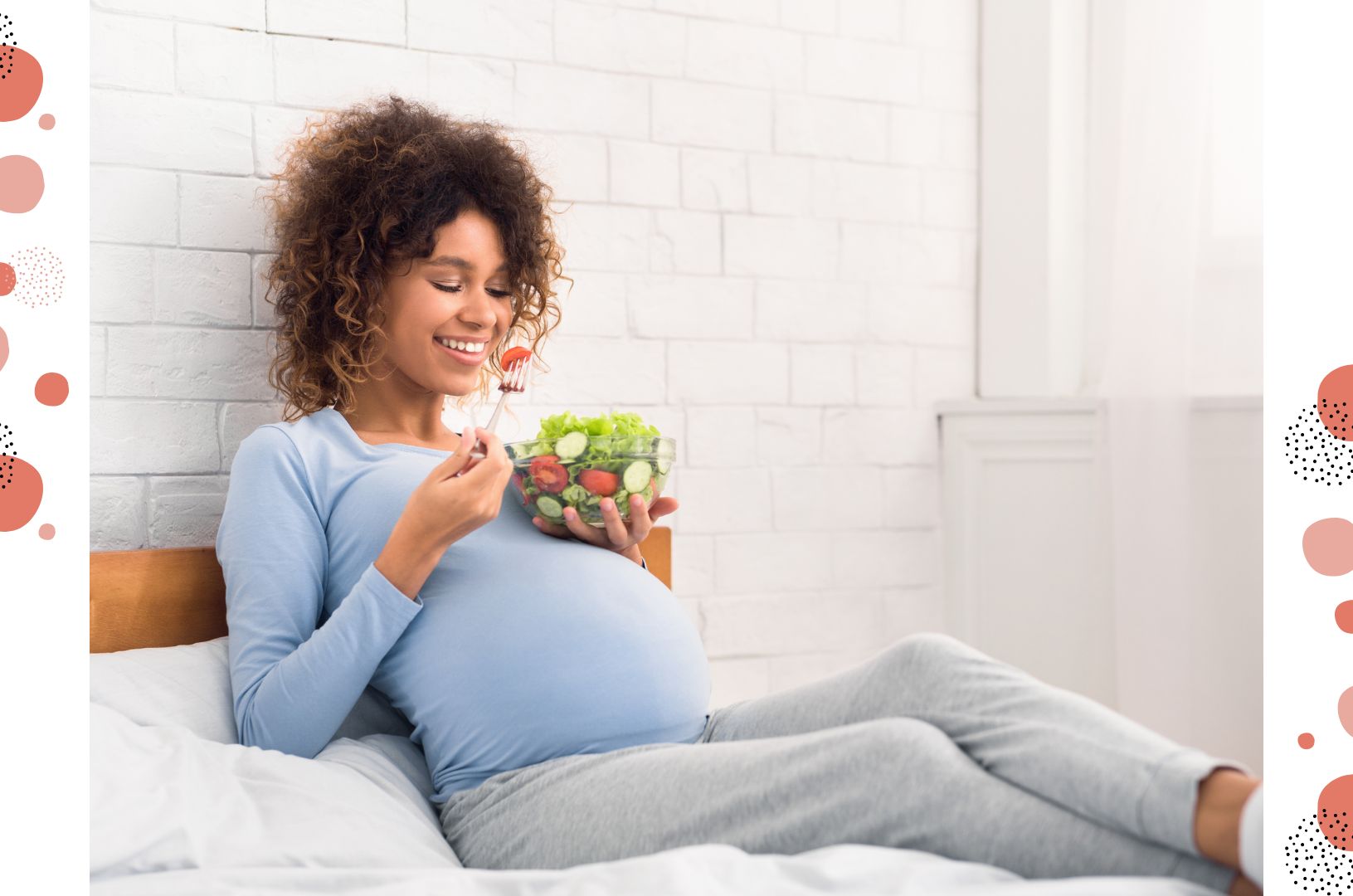
It might be simple to put your needs last when you're a new mother, but missing meals can leave you feeling exhausted and empty. Establish a routine of eating well-balanced meals and snacks throughout the day to sustain your energy levels and promote your general health.

Including Pregnancy exercise in your routine can improve your mood, give you more energy, and aid in the healing process after giving birth. Walking, yoga, or swimming are good starting points for mild workouts that may progressively increase the intensity of when you're ready. Try to get exercise at 5 days of the week, and try to get in at least 30 minutes of moderate activity.
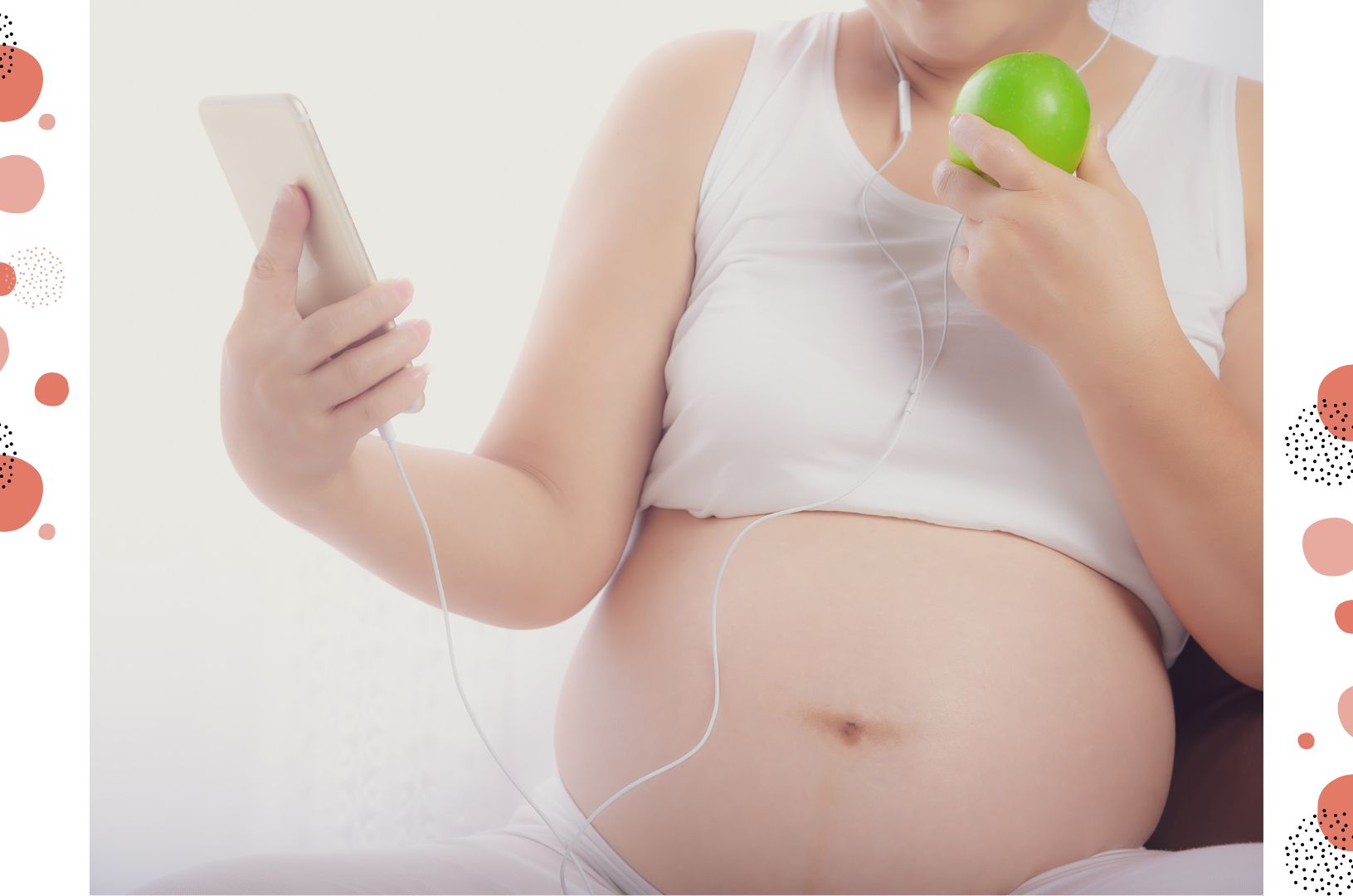
It's equally important to look after your mental and emotional health as much as your physical health. Schedule time for self-care pursuits that promote relaxation and rejuvenation, such as reading a book, having a bath, or spending time with close friends and family. Make sleep and relaxation a priority whenever you can to aid in your body's healing process.
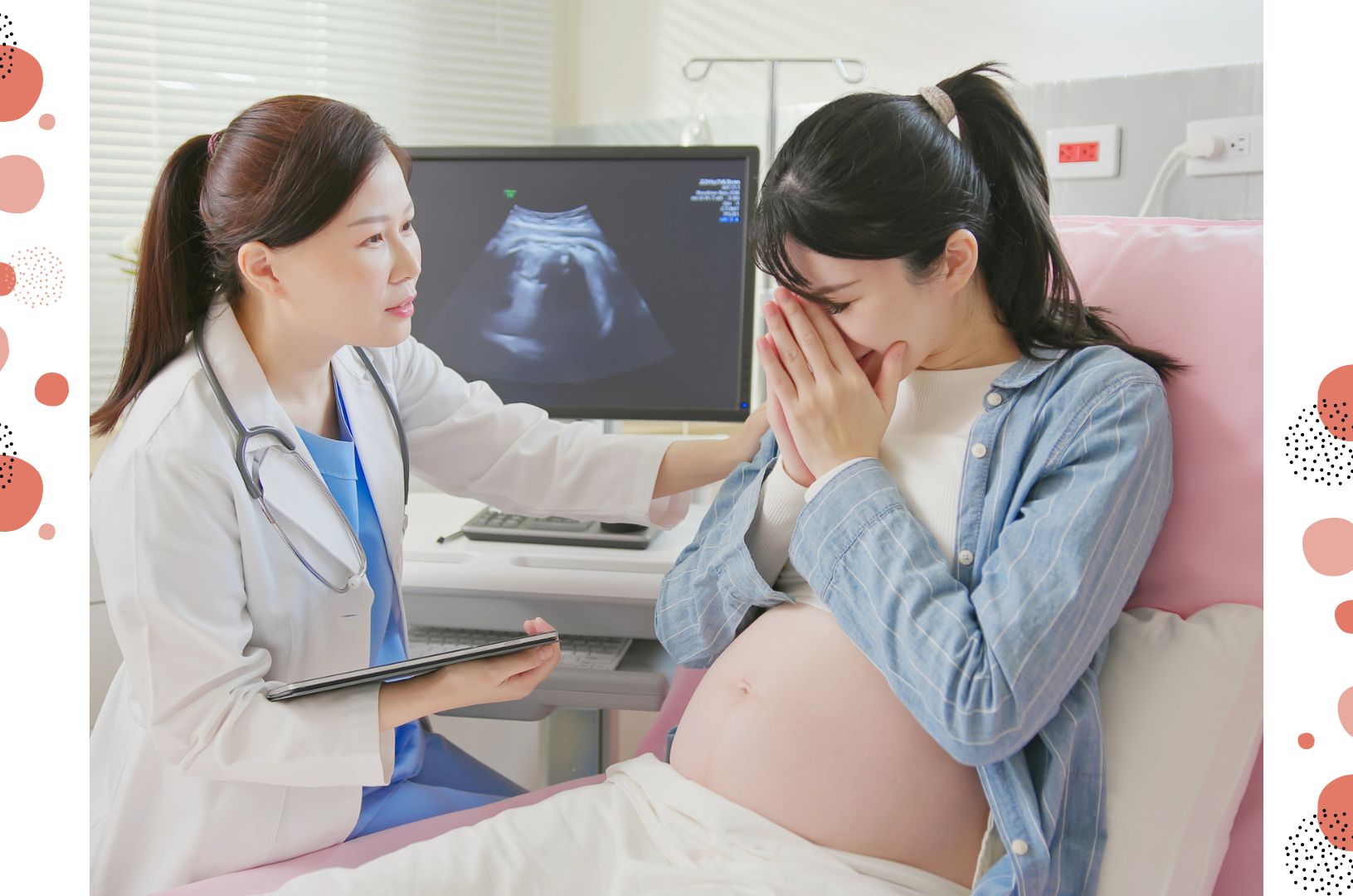
Never feel embarrassed to seek help when you need it. Having a support network in place, whether it comes from friends, family, or your spouse, may be quite beneficial throughout the postpartum phase. Seek counsel, direction, and support from fellow mothers as you traverse this novel phase of parenthood.
Above all, pay attention to what your body is telling you and respect its requirements. Eat when you're hungry and stop when you're full by paying attention to your body's signals of hunger and fullness. When you're exhausted, take a nap and don't overwork yourself. As a new mother, follow your gut and be patient with yourself while you get used to your new position.
Summing up, maintaining your long-term health and well-being as a new mother requires giving nutrition and well-being a high priority after the bump. You can nourish your body, mind, and spirit throughout this period of transformation by emphasising water, a balanced diet, exercise, self-care, and getting support. As you embrace the pleasures and hardships of motherhood, never forget to enjoy the little wins along the road and to be patient with yourself.
As we know our diet plays a major role in determining our health in regular life and so it does during the post-pregnancy care phase. With Nushka’s high energy and nutrition-loathed Gond ke laddoo, Ragi laddoo, Oats laddoo and other products, you can ensure the right amount of healthy elements.
♦ Read also: Top 10 Foods to Avoid During Pregnancy for a Healthy Baby
Eating a balanced diet is crucial throughout pregnancy to support the growth of both you and your unborn child. Eat a diet rich in fruits, vegetables, whole grains, and foods high in protein, such as fish, poultry, beans, and nuts, to ensure that your diet is balanced. To keep hydrated, strive to limit your intake of sugar, salt, and unhealthy fats in your diet. You should also drink a lot of water. Making sure you're receiving all the nutrients you need might also be aided by taking a prenatal vitamin. See a dietician or your doctor for individualized guidance on maintaining a healthy diet throughout pregnancy.
Pregnant women might benefit from a variety of fruits since they include essential vitamins and minerals that promote a healthy pregnancy. Oranges, which are abundant in vitamin C and can strengthen your immune system, and bananas, which are high in potassium and can help avoid muscular cramps, are some of the finest fruits to consume during pregnancy. Mangoes, berries, and apples are all excellent options because they have a high fiber content and can support normal digestion. Just be sure to carefully wash fruits to get rid of any dirt or pesticides before eating them.